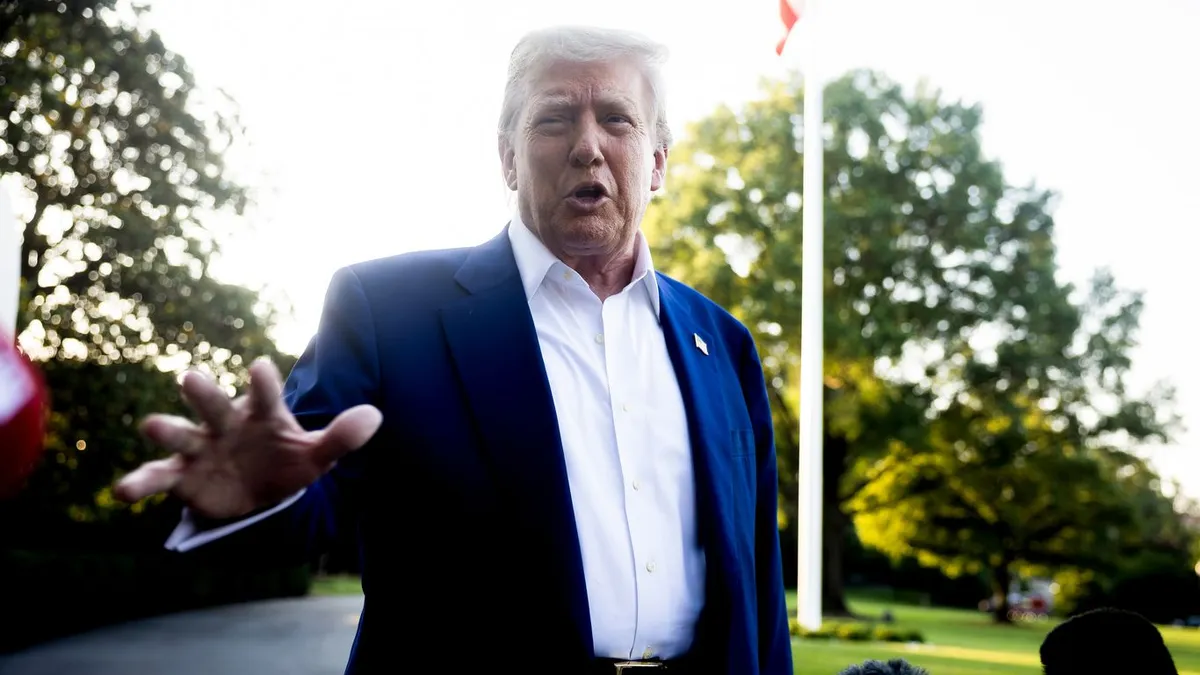
In a significant political development, House Democrats overwhelmingly aligned with their Republican counterparts on Tuesday, voting against a proposed impeachment measure targeting President Trump. This resolution stemmed from Trump's unilateral decision to strike Iranian nuclear sites, raising questions about presidential powers concerning military action.
This decision is a clear indicator of the reluctance among Democrats to pursue impeachment proceedings against Trump. Many party members appear to believe that such an effort would likely be futile in either chamber of Congress, reflecting a broader hesitance to engage in contentious political battles that could detract from their legislative agenda.
The impeachment proposal, introduced by Rep. Al Green (D-Texas), consisted of a five-page resolution accusing President Trump of "Disregarding the Separation of Powers" and transforming American democracy into an Authoritarian regime by unlawfully usurping Congress's constitutional authority to declare war. Central to the resolution was the contention that Trump did not seek the necessary congressional authorization before launching military strikes, nor did he provide evidence of an imminent threat to U.S. forces.
In a decisive House vote, the measure was tabled with a result of 344 to 79 against Green's impeachment article. Notably, among the Democrats, 128 members sided with Republicans to defeat the resolution, while only 79 voted in favor of bringing it to the floor. This outcome highlights a significant divide within the party regarding the approach to impeachment and military engagement.
Prominent figures such as House Minority Leader Hakeem Jeffries (D-N.Y.) and former House Speaker Nancy Pelosi (D-Calif.) were among those who voted against the resolution, underscoring the prevailing sentiment within the Democratic caucus to avoid escalation of partisan conflict over impeachment.
This vote against impeachment illustrates the complex dynamics within Congress regarding presidential war powers and the limits of impeachment as a political tool. As the political landscape continues to evolve, it will be essential to monitor how these decisions impact future legislative initiatives and party unity.
Editor's Note: This article has been updated with additional reporting to provide a comprehensive overview of the recent events.